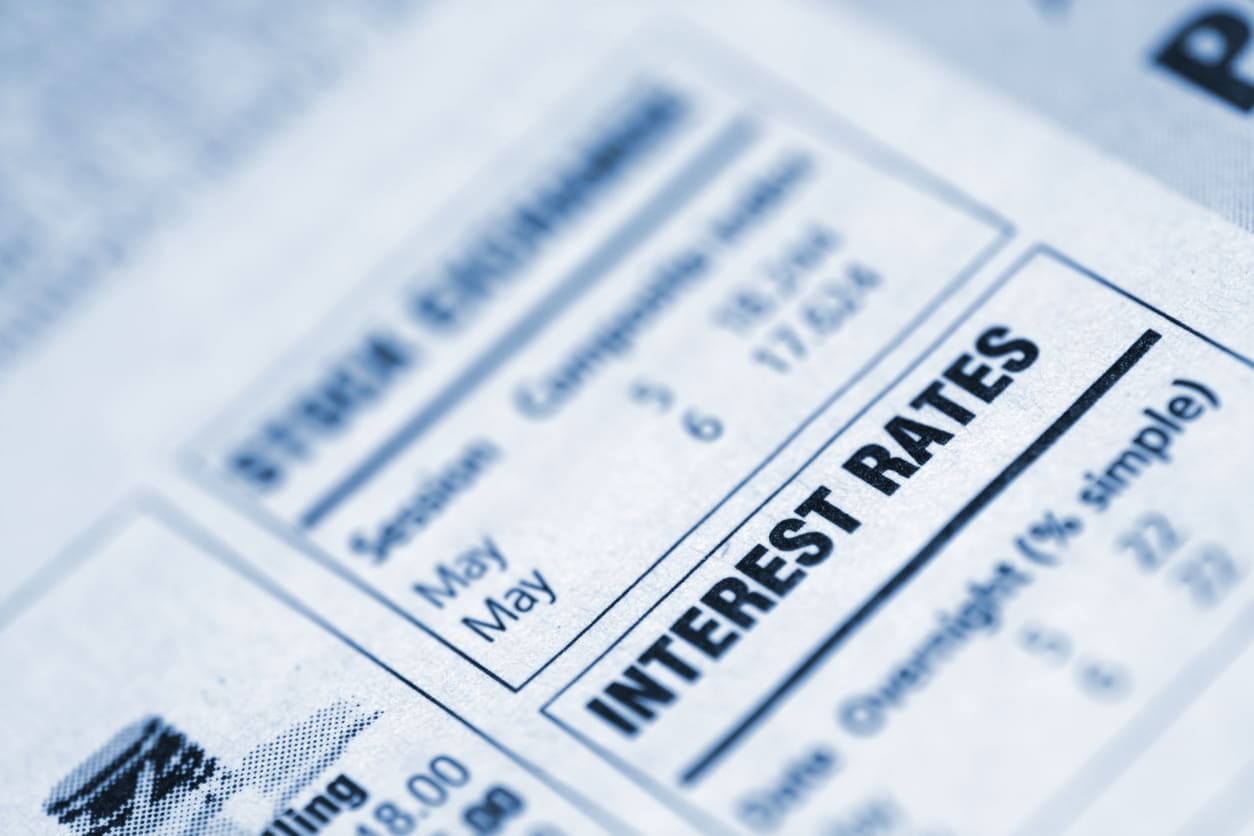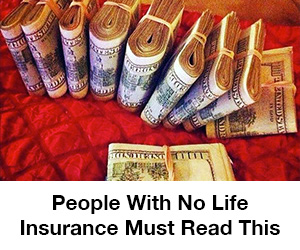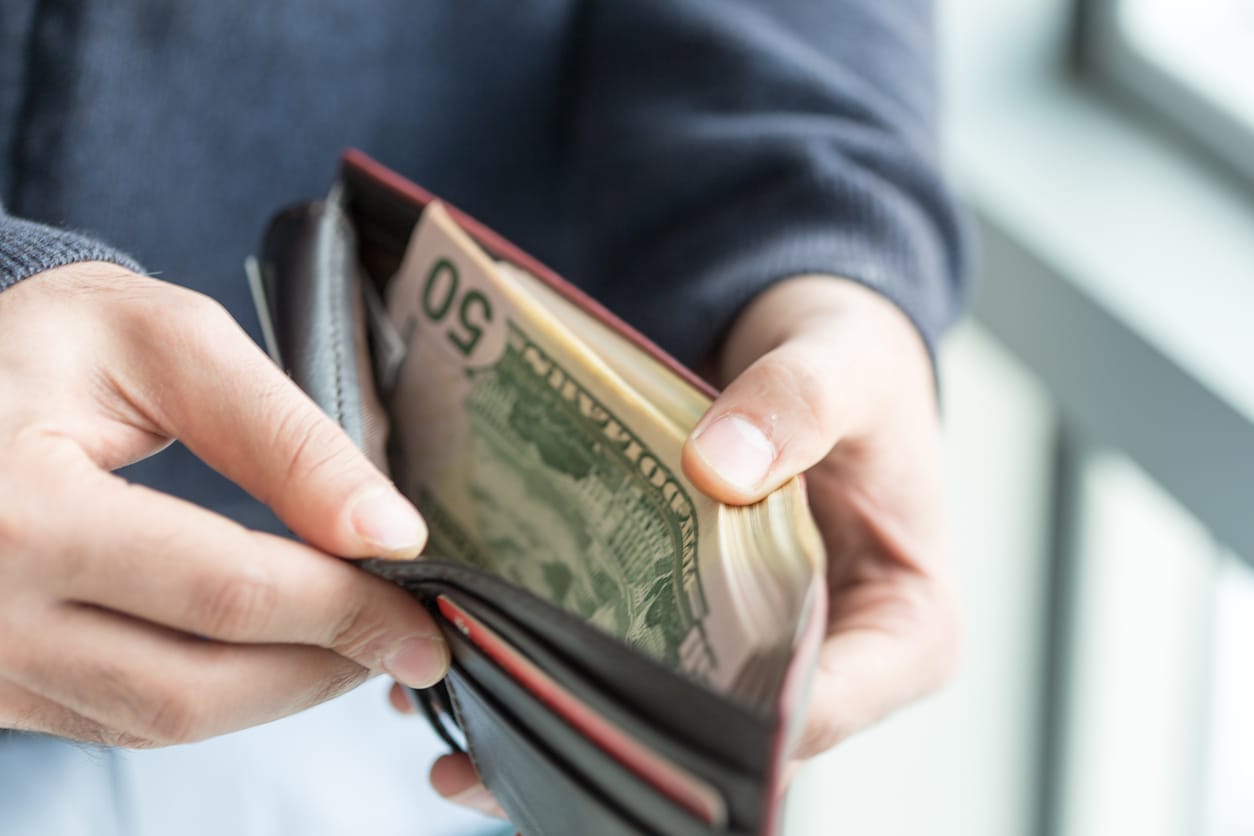6 Ways Increasing Interest Rates Affects Your Finances


iStock.com/structuresxx
5. Car Loans
The past few years have given consumers low-interest rates, but that has only driven them to buy more. More cars, cars that are expensive and come with loans that can last up to seven years. The average monthly car loan repayment is at a dizzy height of $600, more than 50% of these loans take seven years to pay back.
Cars are a depreciating asset, and ones that come with variable-rates are a recipe for disaster. If your payments aren’t already high enough, you’ll have to pay even more when interest rates rise. Luckily, most cars are on a fixed-term loan repayment plan, but you’ll still be affected if you need to refinance, or if you want to purchase a new vehicle.
6. High-Interest Savings Accounts
You might think that one perk of high-interest rates is that you’d be able to make higher returns on your savings. But, unfortunately, this isn’t the case. While financial institutions are happy to raise the rates to make money, they won’t raise the interest rate as fast on your HISA or GICs as quickly. Instead, the interest rate on your savings account will raise very, very, slowly. Savings rates will always be way behind inflation but if you want to get a better deal go to credit unions or online financial institutions to find the better savings rates.
The best way to tackle any of the problems is to start paying off your debts aggressively. A good place to start is to make a spreadsheet on your finances. Once you get on top of who you owe and how much you’ll feel more organized about making larger repayments. To become debt-free you need to attack the capital, not just coast by paying the minimum balance.
















